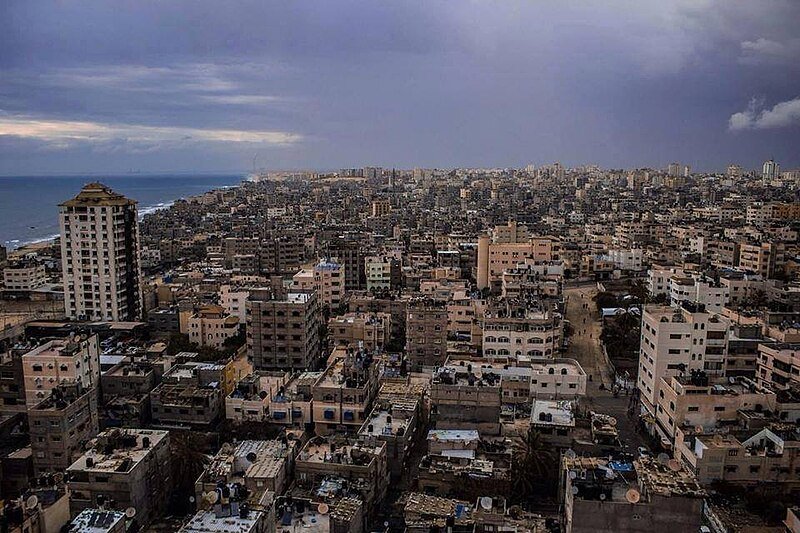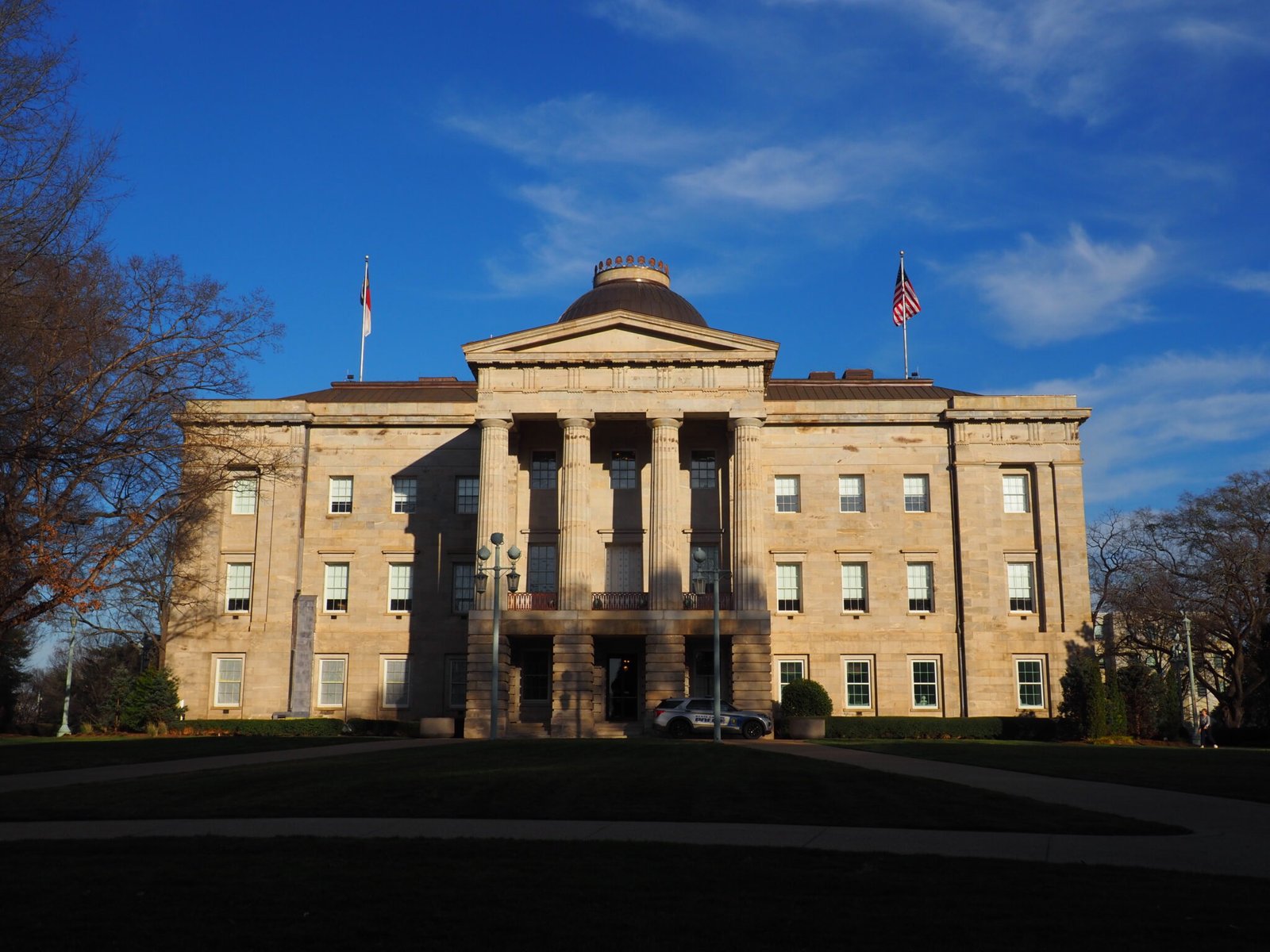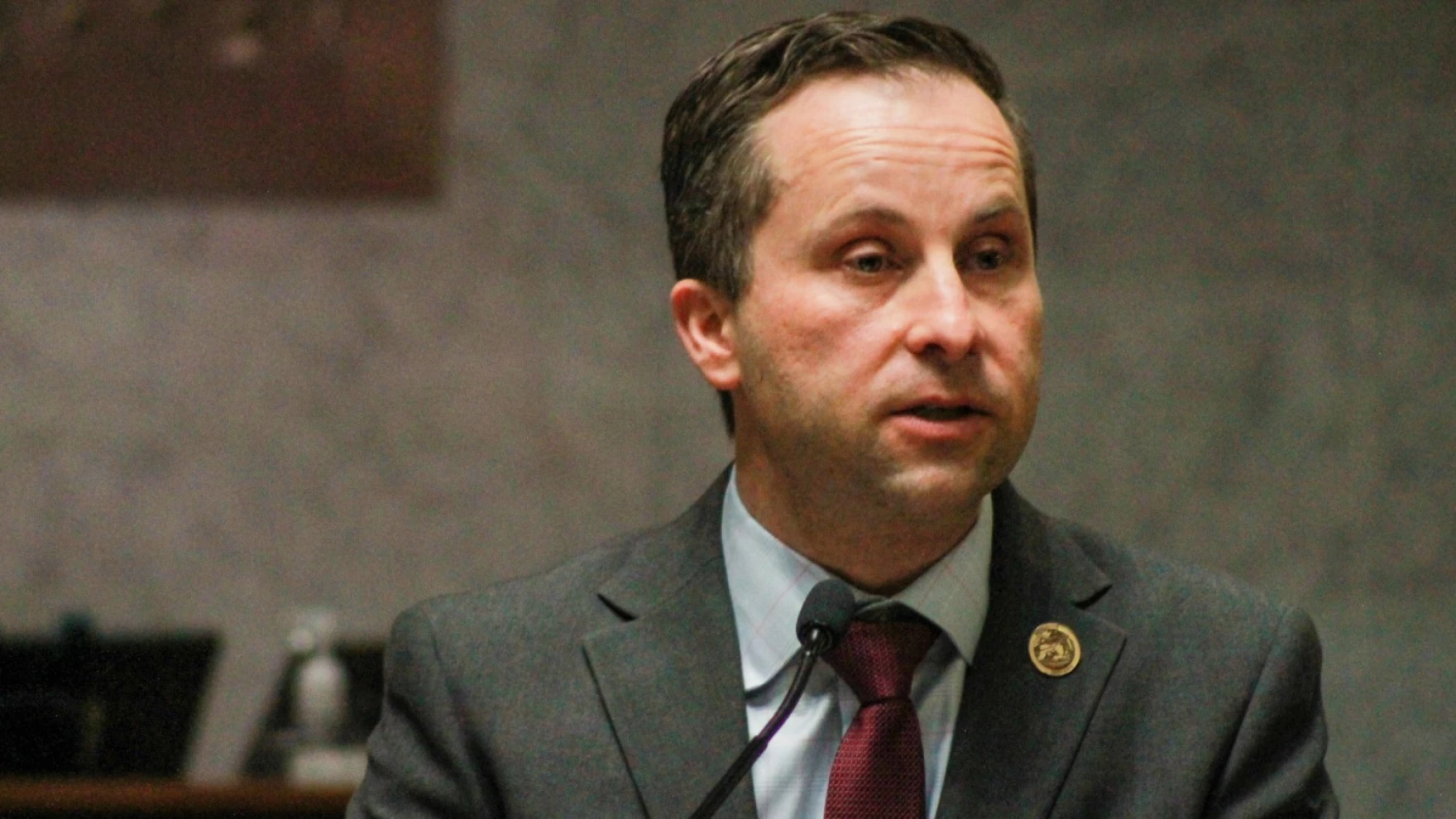Khan Younis is a key city located in the southern Gaza Strip and plays a significant role in the Palestinian territories. It is one of the largest urban centers in Gaza, home to an estimated population ranging from 200,000 to 300,000 residents. Situated about 20 kilometers south of Gaza City and near the borders with Israel and Egypt, Khan Younis occupies a strategic position along the Mediterranean coast. This location has made it a focal point in the ongoing Israeli-Palestinian conflict.
The city’s name originates from a 14th-century Mamluk emir, Khan Younis al-Najar, who built a caravanserai—a roadside inn for travelers—that became the foundation around which the town developed. Throughout its long history, Khan Younis has seen various stages of growth and hardship, with archaeological findings indicating human habitation dating back many centuries. Over time, it evolved into a significant economic and social hub in the southern Gaza Strip.
Historically, Khan Younis’s economy was based on agriculture, trade, and small-scale industry. The surrounding fertile lands supported farming, which contributed to the city’s livelihood. Markets in Khan Younis have long been important for local commerce, serving residents and neighboring areas alike. However, the economic situation has been deeply affected by years of blockades, restrictions, and the repeated destruction caused by conflict. These challenges have resulted in high unemployment and poverty rates, further straining the city’s resources.
Khan Younis is not only important geographically but also politically and militarily. It has witnessed numerous military confrontations between Israeli forces and Palestinian groups, particularly Hamas and its military wing, the Al-Qassam Brigades. The city has been subjected to repeated airstrikes, artillery shelling, and ground incursions during various conflicts, including the wars of 2008-2009, 2012, 2014, and the ongoing hostilities since 2023. This ongoing violence has left much of the city’s infrastructure damaged or destroyed, making life increasingly difficult for its residents.
The humanitarian situation in Khan Younis remains dire. The dense population and frequent fighting have resulted in severe damage to homes, schools, hospitals, and markets. Basic services such as access to clean water, electricity, and medical care are often disrupted during periods of conflict. International organizations have frequently highlighted Khan Younis as one of the areas in Gaza most in need of humanitarian aid. Relief efforts are often hindered by the ongoing violence and restrictions on movement, leaving thousands without adequate food, shelter, or medical treatment.
In recent developments, Khan Younis has again been a hotspot amid increased military operations in Gaza. Reports detail heavy shelling and bombardments causing widespread destruction. The city has seen intense fighting between Israeli forces and Palestinian resistance, with civilian casualties and damage to vital infrastructure continuing to rise. Rescue teams face enormous challenges reaching those trapped under rubble due to ongoing attacks and the sheer scale of devastation.
The resilience of Khan Younis’s residents is evident despite the hardships they face. The city remains a center for Palestinian resistance, where groups like Hamas and the Al-Qassam Brigades continue to operate actively. This resistance has contributed to the ongoing conflict, making Khan Younis a significant battlefield in the larger struggle between Israel and Palestine. The destruction of military targets, such as Israeli bulldozers used in ground operations, has symbolized the defiance of local fighters.
Khan Younis’s strategic importance and the heavy toll of conflict on its population have drawn international attention. The city’s humanitarian crisis has led to calls from the United Nations and other global bodies for ceasefires and increased aid. However, peace remains elusive, and Khan Younis continues to bear the brunt of the violence affecting the Gaza Strip. The city’s future depends on efforts to end the fighting and rebuild the damaged infrastructure that supports its people.
Despite the challenges, Khan Younis stands as a testament to the endurance of its residents and their continued determination in the face of adversity. As a major urban center in Gaza, it remains a vital part of the region’s social, economic, and political landscape, reflecting the complex realities of life in the Palestinian territories.







